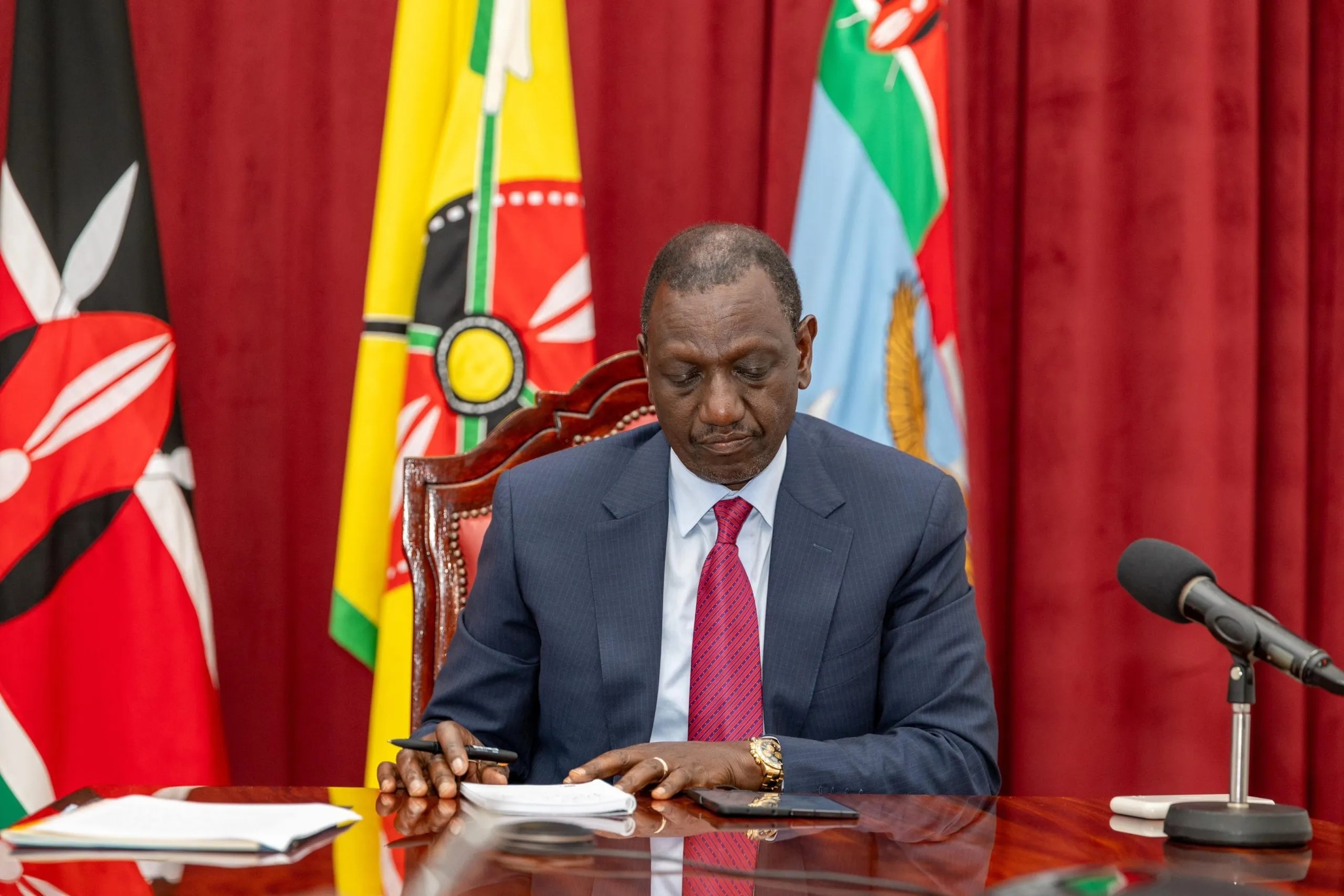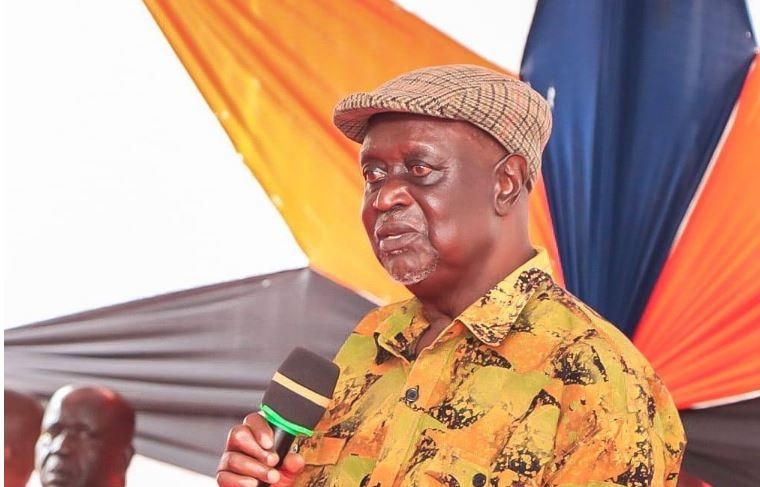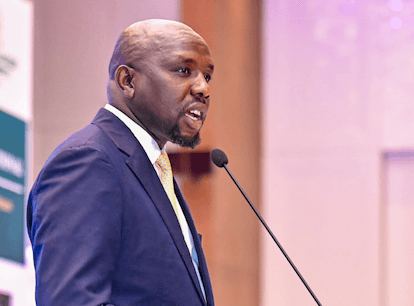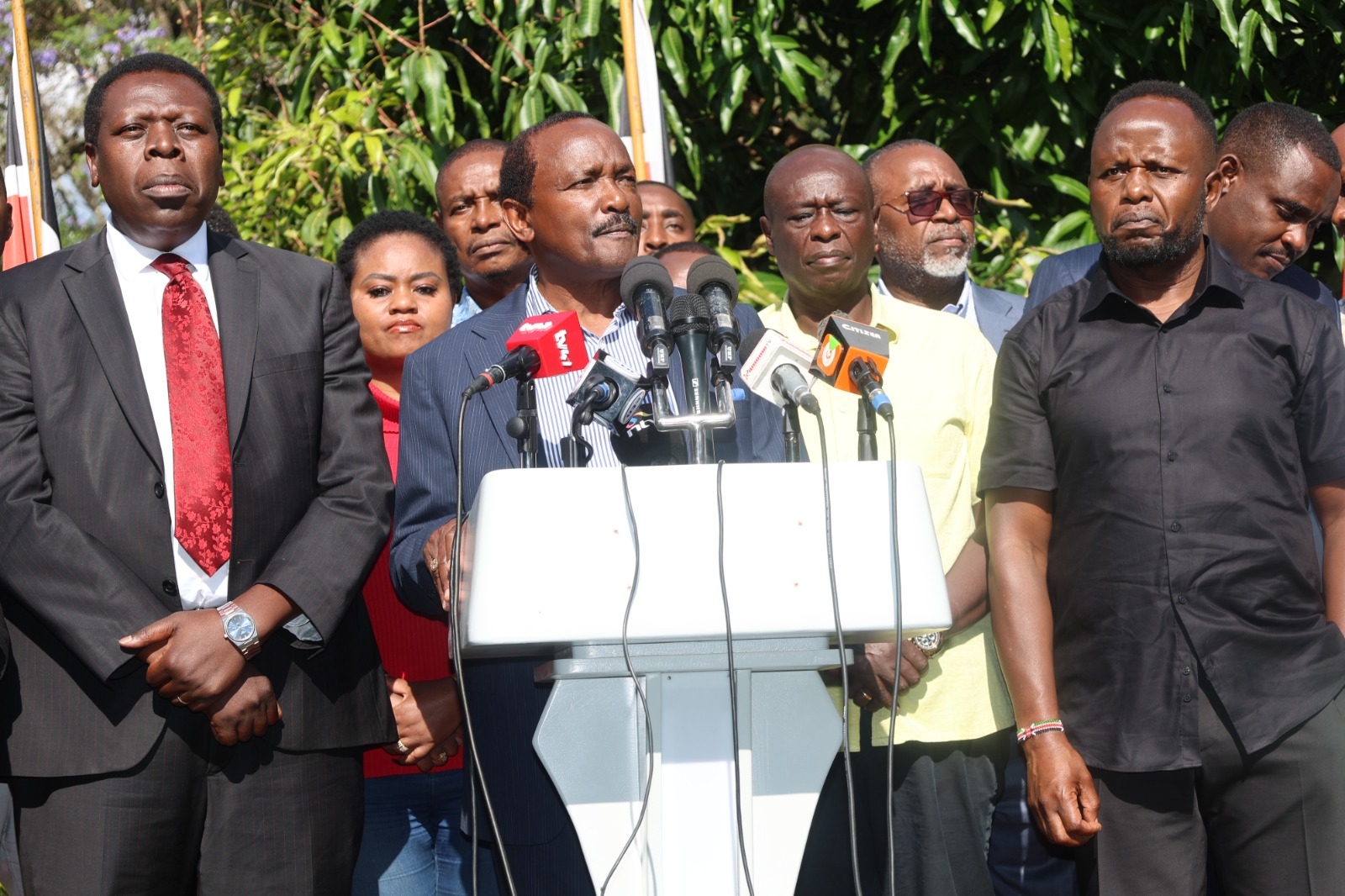
The current conflict in the Democratic Republic of the Congo has once again demonstrated the complex and endless challenges facing many African countries.
Despite the desire that peace would prevail after years of conflict, the DRC persists in experiencing significant rampage.
Ethnic tensions and instability of successive governments compound an already delicate situation.
This is yet another evidence that Africa’s problems are miles away from ending and that the continent grapples with matters that impede its development, cohesion and cooperation among Africans.
The DRC is one of Africa’s largest and resource-endowed countries but with a long history of perennial conflict and instability.
These conflicts, including the current one, have left an indelible scar on the DRC’s social, economic and political fabric.
Despite the attempted peace agreements and the involvement of regional and international peacekeepers, the DRC remains to be an exigency for vicious clashes in Africa.
Presently, militia groups like M23 are reported to be fanning ethnic balkanisation in the name of safeguarding the interests of the Congolese Tutsi, and other minorities, against Hutu rebels.
Beyond this, they are also attempting to take charge of natural resources, significantly contributing to the DRC’s instability.
The aftermath of the clashes instigated by these militia groups have often led to forced displacement, destruction of properties and, worse off, civilian casualties.
Evidently, successive regimes have been unable to fully control its vast territory, and this has lent credence to armed groups to operate unpunished, leading many observers to question whether lasting peace in the DRC is practicable.
The DRC’s is not an isolated case but a mirror of wide-ranging issues plaguing Africa. Across the continent, countries are grappling with lasting heritage of colonial subjugation, ethnic and political cleavages, and the wanton exploitation of natural resources, all of which contribute to varying degree of conflict and instability.
Needless to say, the DRC’s rich resource wealth has attracted deep foreign and regional interest, and fuelled domestic and regional conflicts.
While the rich natural resources remain a potent asset for economic boom, it has for a long time proven to be a curse, as it is linked to the continued instability of the country.
Regrettably, this pattern is not peculiar to the DRC; other resource-rich African countries, such as Angola and Nigeria, are not alien to similar challenges, where an abundance of resources has on exacerbated conflict.
Other than the natural resources, ethnic and political divisions in DRC play significant role in the ongoing conflict.
These ethnic tensions have been manipulated by both local, regional and international actors to further their political and economic interest.
The complex ethnic fabric, fuelled by existing historical grievances, has made it hard to craft a cohesive national identity. Instead of prioritising stability, local and regional leaders have repeatedly stoked ethnic differences for selfish interests, subverting any hope for lasting peace.
Nationally, the conflicts are further exacerbated by weak political institutions, corruption and poor service delivery. Until President Tshisekedi addresses these factors, it will be back-breaking to make any tangible progress toward peace.
The cynical role of the international community in the perennial DRC conflicts cannot be gainsaid.
They have been, at best, inconsistent about the welfare of the DRC and other countries in Africa. Even though the UN has over time deployed peacekeeping forces, these efforts have fallen short of their objectives.
Whereas the international community’s involvement remains critical, the key to lasting peace in the DRC lies within Africa itself. Honest regional cooperation amongst African countries, particularly the neighbouring states, is critically important in stabilising Africa and averting the spread of conflicts.
More specifically, the African Union and its regional structures have an endless role in mediating conflicts such as the DRC’s and fostering dialogue.
Despite the existence of these regional structures the political will to find a solution to such conflicts has often been lacking.
The writer is a Political commentator



















